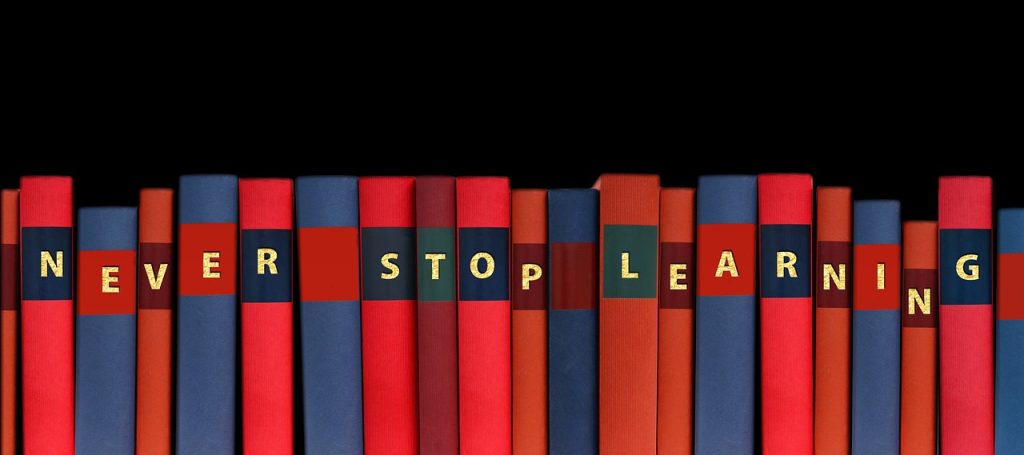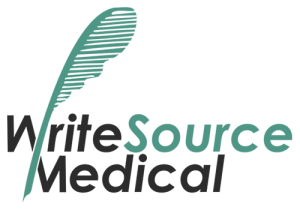How I became a medical writer

You may wonder how to become a medical writer. In my senior year of high school, I had a passion for biological and health sciences, and a love of writing. I wondered how I could build a career using my communication skills to participate in scientific research.
How to start a career in medical writing
Six years and one honours degree in biological science (molecular biology) later, I have just completed my first year as a medical writer. I now have answers for my younger self! Here I reflect on my journey to a career in medical writing alongside the experiences of some of my colleagues at WriteSource Medical.
What do I do as a medical writer?
In my first year as a medical writer, I have encountered a wide variety of projects across many different therapeutic areas, such as oncology, immunology and public health.
We also write many different types of publications, such as:
- journal articles
- information for patients and people in the community
- regulatory documents for bodies such as the Pharmaceutical Benefits Advisory Committee
- medical education content for healthcare professionals
As a medical writer, a background in a field of science, medicine or health is helpful. However, this can encapsulate many different areas and levels of experience.
What other backgrounds do WSM medical writers have?
Other members of the WriteSource team have a wide range of professional experience coming from backgrounds such as drug development, academia, and the pharmaceutical industry.
For example, Anne Dyson, joined WriteSource after studying undergraduate medicine. Anne’s professional experience includes roles as a locum general practitioner, and an editor of online consumer health information.
Dulama Richani began her career in writing after completing her PhD in reproductive biology and working in research for over 12 years.
Sally Costello has a degree in pharmacy and entered medical writing with professional experience in the pharmaceutical industry, specifically medical affairs and medical information.
As a team, these diverse backgrounds help strengthen the work we produce. However, all of us value being part of the accurate and ethical communication of science, medicine and health information.
Thanks to: Dulama Richani, Anne Dyson and Sally Costello for their input.


Comments are closed.